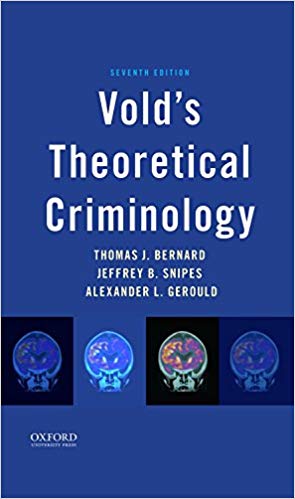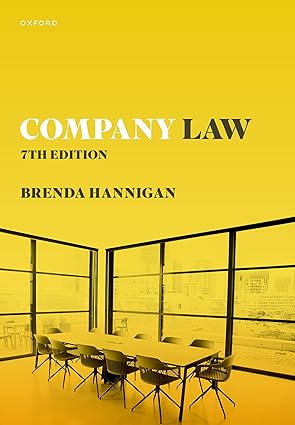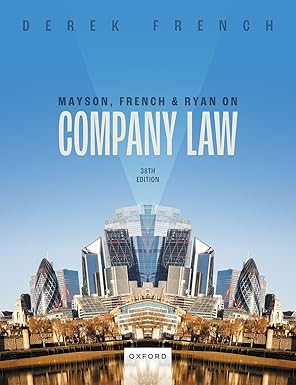دانلود کتاب Vold's Theoretical Criminology 7th Edition
Author:
Thomas J. Bernard, Jeffrey B. Snipes, Alexander L. Gerould, George B. Vold
0 (0)
توضیحات کتاب :
The standard text in the field, Vold's Theoretical Criminology is universally known by scholars in the discipline.
سرچ در وردکت | سرچ در گودریدز | سرچ در اب بوکز | سرچ در آمازون | سرچ در گوگل بوک
1,793 بازدید 2 خرید










